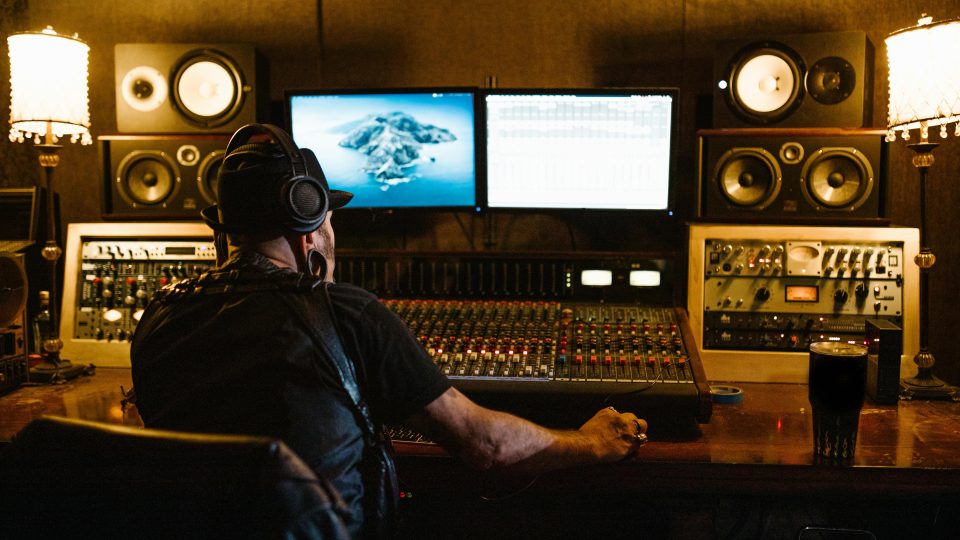Why Audio Plugins Are Essential for Music Production
Audio plugins are not just tools—they are the catalysts that help to turn creative ideas into polished productions. From beginners to experienced audio engineers, everyone needs audio plugins to sculpt, enhance, and refine their sound. But what are audio plugins, and why does every producer need them? Let’s dive in.
What Are Audio Plugins?

Audio plugins are software tools that can extend the functionality and creative possibilities of Digital Audio Workstations (DAWs) by adding virtual instruments, effects, and utilities that are not natively built in. They process or generate sound, allowing musicians and producers to shape and enhance their music with various effects such as reverb, delay, or compression. They also come in the form of instruments such as synthesizers or samplers. Plugins are essential in music production, sound design, and post-production. If you’re creating professional audio productions, they’re something you’ll want to add to your setup.
Types of Audio Plugins
- Effects Plugins: Examples include; reverb, delay, distortion, and compression among others. These plugins alter the audio by adding various effects, such as creating space, adding warmth, or altering dynamics.
- Instrument Plugins: Examples include: synthesizers & samplers. Instrument plugins generate or playback sounds that can mimic real instruments or create entirely new sounds, helping musicians and producers create music without physical instruments.
- Utility Plugins: Examples include: EQs, and spectrum analysers. Utility plugins assist in mastering and mixing by providing visual feedback and control over frequency balance and audio levels.
Why You Need Audio Plugins
- Expanding Creative Possibilities: Audio plugins enable producers to experiment with sounds beyond the capabilities of hardware. A simple vocal recording could morph into a choir or robotic voice using plugins like a Vocoder or move everything into pitch with an Auto-Tune plugin.
- Cost Efficiency: Traditional hardware can be prohibitively expensive. Plugins replicate these devices at a fraction of the cost.
- Convenience and Workflow: Carry a studio’s worth of equipment inside your computer.
- Precision and Customization: Plugins provide fine control and automation of parameters. Modern plugins might have advanced features like spectral editing and dynamic EQ, allowing producers to achieve once-impossible results.
- High-Quality Emulations: Get access to emulations of iconic analog gear with incredible fidelity many plugin companies now replicate the warm, rich tones of legendary hardware, preserving the vibe of vintage recordings in a digital workflow.
- Access to Advanced Features: Many plugins offer cutting-edge technology, such as AI-powered mixing& mastering tools, multiband processing, or creative FX like granular synthesis.
How to Choose the Right Plugins
- Assess Your Needs: Are you a producer looking for unique synth sounds? Or a mixer aiming for clean, polished tracks? Different genres will require specific sounds and effects, so research popular plugins for your preferred genre Define your goals to narrow down your choices.
- Don’t Overlook Free Plugins: Will a free plugin offering do what you need it to without the added premium features of a paid plugin? Only you know!
Remember – RouteNote Create subscriptions start from as little as $2.99. You also get 10 FREE credits to spend on samples along with access to our FREE sample pack bundle when you sign-up!
